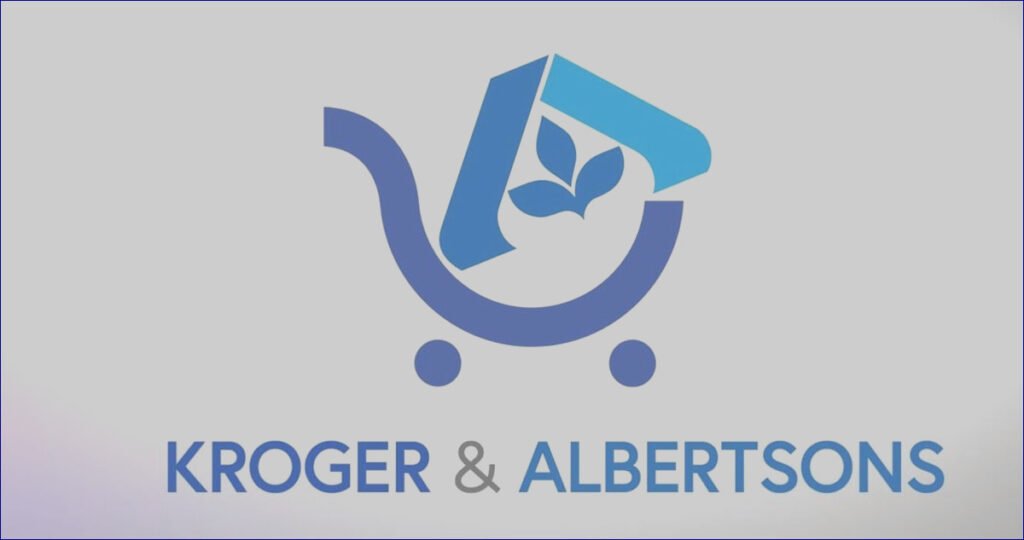In a dramatic turn of events, Albertsons has decisively abandoned its ambitious merger plans with Kroger, a move that was anticipated to birth the most colossal grocery chain across the United States. This momentous decision, which comes on the heels of a $25 billion proposition, was catalyzed by two judicial rulings that asserted such a union would pose a perilous threat to competition, potentially sending consumer prices soaring.
The fateful announcement unfolded on December 11, 2024, a mere 24 hours after U.S. District Court Judge Adrienne Nelson laid down an injunction, effectively stalling the merger just as it appeared to be nearing completion. Judge Nelson did not mince words. She articulated grave concerns regarding the competitive landscape, warning that the merger was poised to inflate prices for consumers. Her statements underscored a staunch commitment to rigorous antitrust enforcement, casting a long shadow over the corporate collaboration.
In a poignant expression of disappointment, Albertsons’ CEO, Vivek Sankaran, stated, “Given the recent federal and state court decisions to block our proposed merger with Kroger, we have made the difficult decision to terminate the merger agreement.” However, this termination does not signal an end to the legal skirmishes; Albertsons has launched a lawsuit against Kroger, targeting billions in alleged contractual violations.
Albertsons contends that Kroger failed to fulfill critical obligations necessary for securing regulatory approval, highlighting inadequacies in addressing pivotal regulatory concerns, including inadequate divestiture strategies aimed at alleviating antitrust anxieties. They claim that Kroger’s disregard for partnership stipulations has necessitated this drastic legal recourse, aimed at reparations for missed opportunities stemming from an unfulfilled alliance.
Kroger, the owner of familiar chains such as King Soopers and City Market in Colorado, wasted no time in denouncing Albertsons’ allegations as “baseless and without merit.” They staunchly defend their responsible approach throughout the merger discussions and are poised to confront the litigation head-on.
This proposed expansion was heralded as a necessary strategic maneuver to combat the staggering competition from titans like Walmart and Amazon, who have been nimbly siphoning customers from traditional grocery outlets. The envisioned merger promised to harness Kroger’s formidable market position alongside Albertsons’ rich portfolio, which boasts brands like Safeway, Vons, and Harris Teeter.
Nevertheless, fierce opposition from a gamut of stakeholders—including labor unions, independent grocers, and wary politicians—has loomed large, particularly under the specter of rising food prices that have plagued consumers.
With the merger now firmly in the rearview, and legal entanglements brewing, a cloud of uncertainty hangs over the strategic trajectories of both companies. Plans for Albertsons’ market expansion and operational optimization may now languish in limbo, while Kroger must recalibrate its game plan to retain its competitive edge without the merger’s promised synergies.
Albertsons’ lawsuit is not merely a quest for damages; it promises to alter the competitive landscape of the grocery sector. They are seeking a staggering $600 million, claiming that Kroger’s breach of obligations directly derailed the merger, thereby triggering significant market repercussions.
This unfolding saga adds another layer to the escalating scrutiny surrounding corporate mergers, particularly as antitrust regulations gather renewed vigor under the Biden administration, which is adamant about holding large corporations accountable to curtail monopolistic tendencies.
The long-term implications of this breakup remain shrouded in uncertainty, yet experts are keenly observing the evolving dynamics within the retail grocery sector, a space irrevocably shaped by previous consolidations and market upheavals. As both companies brace for turbulence in their stock values, they must navigate the new reality of operating as solitary entities.
Kroger’s extensive footprint in the U.S. grocery market, coupled with Albertsons’ regional prowess, creates a uniquely charged environment as they continue their respective operations. Kroger proudly operates 118 King Soopers and 32 City Market stores throughout Colorado, while Albertsons maintains a robust presence with 105 locations, integrating Safeway outlets, all of which play pivotal roles in their local contexts.
As the dust settles from this bold merger attempt, the repercussions ripple through the broader narrative of corporate consolidations, compelling companies to tread cautiously and consider potential regulatory obstacles prior to pursuing bold acquisitions.
This story remains in flux, with anticipation building as updates emerge regarding both Albertsons and Kroger’s legal maneuvers and public statements in the wake of their foiled alliance. Stakeholders on all fronts are poised, ear to the ground, eagerly awaiting clearer signals from these retail giants as they carve new paths in the aftermath of their merger’s collapse.

